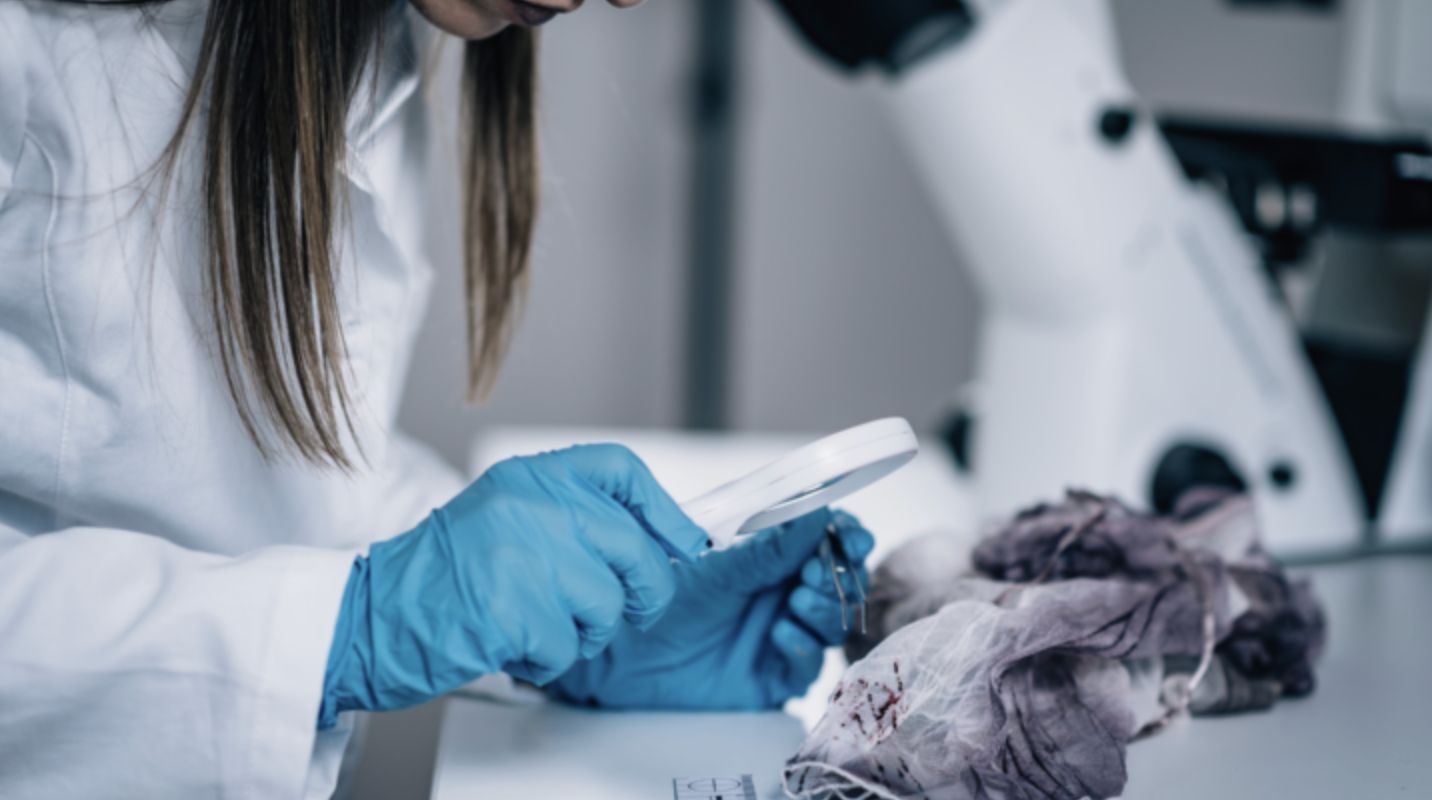
Forensic chemistry is a fascinating field that combines science and law to solve crimes. Ever wondered how detectives catch criminals using tiny clues? Forensic chemists analyze evidence from crime scenes, like blood, hair, or mysterious powders. They use their skills to identify substances and link them to suspects. This science helps solve mysteries and bring justice. From examining fingerprints to analyzing DNA, forensic chemistry plays a crucial role in modern investigations. It's not just about mixing chemicals; it's about uncovering the truth. Ready to learn some mind-blowing facts about this intriguing field? Let's dive into the world of forensic chemistry!
What is Forensic Chemistry?
Forensic chemistry applies chemical principles to solve crimes. It involves analyzing substances found at crime scenes to identify unknown materials and link them to criminal activities. This field combines chemistry, biology, and criminal justice.
- Forensic chemists analyze evidence from crime scenes, such as blood, drugs, and explosives.
- Chemical analysis can identify substances like drugs, poisons, and explosives.
- Forensic chemistry helps solve crimes by linking evidence to suspects or victims.
Tools and Techniques in Forensic Chemistry
Forensic chemists use various tools and techniques to analyze evidence. These methods help them identify substances and determine their origins.
- Gas chromatography separates mixtures into individual components.
- Mass spectrometry identifies substances by measuring their mass.
- Infrared spectroscopy detects chemical bonds in molecules.
- Microscopy examines small particles and fibers.
- DNA analysis identifies individuals based on their genetic material.
Applications of Forensic Chemistry
Forensic chemistry has many applications in criminal investigations. It helps solve crimes by providing crucial evidence.
- Drug testing identifies illegal substances in blood, urine, and hair samples.
- Toxicology determines the presence of poisons or drugs in a person's system.
- Arson investigation analyzes fire debris to identify accelerants.
- Explosives analysis identifies the materials used in bombs.
- Trace evidence analysis examines small particles like hair, fibers, and paint.
Famous Cases Solved by Forensic Chemistry
Forensic chemistry has played a key role in solving many famous cases. These cases highlight the importance of this field in criminal investigations.
- The Tylenol Murders: Forensic chemists identified cyanide in Tylenol capsules, leading to a nationwide recall.
- The Unabomber: Chemical analysis of bomb materials helped identify Ted Kaczynski as the Unabomber.
- The JonBenét Ramsey Case: Forensic chemists analyzed fibers and DNA evidence to investigate the murder.
- The Anthrax Attacks: Forensic chemists identified the strain of anthrax used in the 2001 attacks.
- The Boston Marathon Bombing: Chemical analysis of explosives helped identify the bombers.
Challenges in Forensic Chemistry
Forensic chemists face many challenges in their work. These challenges can impact the accuracy and reliability of their findings.
- Contamination: Evidence can be contaminated, leading to inaccurate results.
- Degradation: Biological samples can degrade over time, making analysis difficult.
- Complex mixtures: Analyzing complex mixtures can be challenging and time-consuming.
- Limited sample size: Small samples can limit the amount of analysis that can be performed.
- Legal issues: Forensic chemists must ensure their methods and findings are admissible in court.
The Future of Forensic Chemistry
Forensic chemistry is constantly evolving. New technologies and methods are being developed to improve the accuracy and efficiency of forensic analysis.
- Portable devices: Portable devices allow forensic chemists to analyze evidence at crime scenes.
- Advanced DNA analysis: New techniques can analyze smaller and more degraded DNA samples.
- Artificial intelligence: AI can help forensic chemists analyze complex data more quickly and accurately.
- Nanotechnology: Nanotechnology can improve the sensitivity and accuracy of forensic tests.
- Environmental forensics: This emerging field focuses on analyzing environmental samples to solve crimes.
Education and Career in Forensic Chemistry
A career in forensic chemistry requires a strong background in chemistry and criminal justice. Education and training are essential for success in this field.
- Bachelor's degree: Most forensic chemists have a bachelor's degree in chemistry or a related field.
- Advanced degrees: Some forensic chemists pursue advanced degrees in forensic science or chemistry.
The Final Word on Forensic Chemistry
Forensic chemistry is a fascinating field that blends science with criminal justice. It plays a crucial role in solving crimes by analyzing evidence like blood, drugs, and other substances. This field has evolved significantly, thanks to advancements in technology and methods. From identifying unknown substances to linking suspects to crime scenes, forensic chemists are essential in the quest for justice.
Understanding the basics of forensic chemistry can give you a new appreciation for the work done behind the scenes in criminal investigations. Whether it's through TV shows or real-life cases, the impact of this science is undeniable. So next time you hear about a solved case, remember the forensic chemists who helped make it happen. Their work ensures that justice is served, one molecule at a time.
Was this page helpful?
Our commitment to delivering trustworthy and engaging content is at the heart of what we do. Each fact on our site is contributed by real users like you, bringing a wealth of diverse insights and information. To ensure the highest standards of accuracy and reliability, our dedicated editors meticulously review each submission. This process guarantees that the facts we share are not only fascinating but also credible. Trust in our commitment to quality and authenticity as you explore and learn with us.
